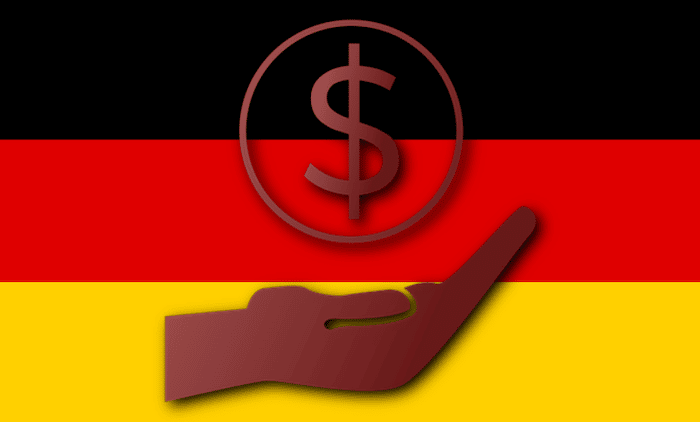dr Schmidt explains the world: Does meat have to be more expensive?
[ad_1]
When cattle are grazed, less toxic ammonia is produced. It’s also better for the climate
Photo: dpa/Stefan Sauer
The German Environmental Aid has the Meat prices analyzed in Germany. There are no environmental costs, says the DUH. Realistic would be 10 euros for a kilo of beef.
That meat is too cheap is not new. The exciting question is just how much too cheap and why too cheap? There are those who think we eat too much of it, that it is bad for our health. With a higher price, consumption would likely decrease.
But meat consumption is already decreasing.
Yes, younger people tend to go vegan more often. However, the question is whether this is not a somewhat classical view. That this applies more to the younger generation of the middle class than to people who are eking out a living at the lower end of the income spectrum.
Just like the scourging of cheap air travel.
That’s also a problem. Here, too, the middle-class youngsters who make round trips to the hip clubs play a significant role.
And what is so harmful to health about meat?
Well, meat in itself is not harmful to health – the huge amounts we eat, but yes. If you want a steak under 150 grams in a steakhouse, that’s going to be difficult. But you can easily get a pound.
What to do?
There was always the idea that the full rate of VAT should be levied on meat and no VAT on vegetables. The more meat you eat, the less fiber you have in your diet. If you are already full from the meat, the vegetables will fall by the wayside. But you do need the veggies because our omnivorous digestive tract relies on a certain amount of fiber to keep things going properly. Worse than just meat are highly processed carbohydrates.
Like chips?
Or cookies. Not to forget the sticky toast, because it doesn’t fill you up, so you eat more of it.
But that doesn’t pollute the environment like meat production.
It’s the crowd that counts. On the one hand, because cattle, like all ruminants, release large amounts of methane into the air and, on the other hand, because when they are kept in stables, which is the norm in Germany, ammonia is released. Especially when kept on slatted floors, where all the shit then drains down, so you don’t have to clear as much. But when the bacteria from the cows’ intestines meet the urine and the urea it contains, ammonia is released, a rather aggressive and toxic gas. Its decomposition products increase the greenhouse effect. If the cattle remain in the pasture, then the urine seeps into the meadow.
Good, but in South America they clear the rainforest for it.
That’s sticking point number two. Strangely enough, in this study, which is now attaching the environmental aid, this only comes at the back: land use changes. This also applies to pig fattening: its greatest environmental impact is land use change.
Whether it’s organic or not, doesn’t matter?
Really good life cycle assessments, which to a certain extent take all factors into account precisely, from the first blade of grass to the packaged meat on the shop counter, are so complex that they will probably not be possible in the foreseeable future. And to that extent, much in this sector is more or less plausible estimation.
Veggie Day – yes or no?
Pfff, don’t mind. But you can’t just eat vegetarian one day a week, you can do it on several days.
[ad_2]
Source link



